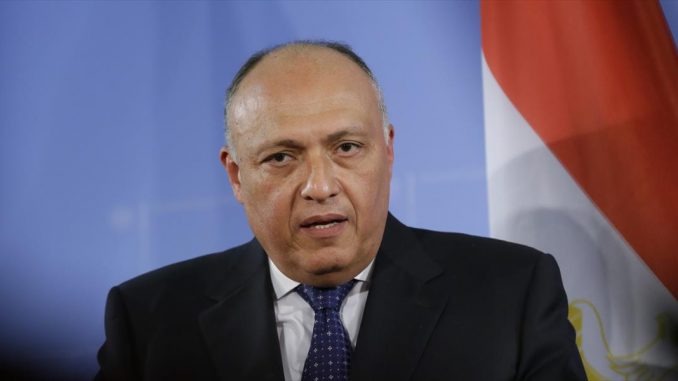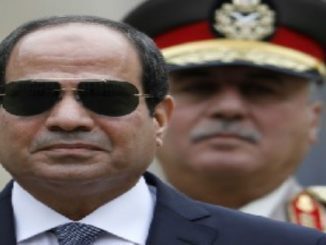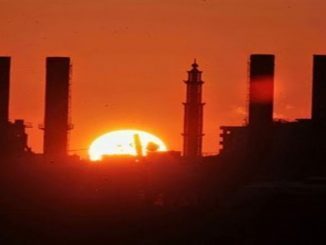
War of words between Egypt and Sudan over the Nile River shares continued this week. “We have not borrowed Nile water from anyone; the High Dam was threatened because of Sudan,” said Egyptian Foreign Minister Sameh Shoukry to his Sudanese counterpart Ibrahim Ghandour, who said that “Egypt has been using part of Sudan’s share of Nile water for years.”
Egypt’s foreign minister responded to a question from the Egyptian Middle East News Agency (MENA) about the Sudanese minister’s statements, Shoukry said that “the water Egypt has previously used of Sudan’s share was a surplus to its absorptive capacity and under its approval, not an advance or a grant.”
Days ago, Sudan accused Egypt of using part of Sudan’s shares from the Nile River for many years.
On 21 November 2017, the Sudanese foreign minister Ibrahim Ghandour told Russia Today that “Egypt has used part of Sudan’s share of Nile water for many years. That is the reason why we are worried because we will lose that water supply when the Grand Ethiopian Renaissance Dam is finished since it will enable Sudan to benefit from its full share.”
In response, Shoukry described Ghandour’s arguments as “inaccurate” and expressed his astonishment and surprise at “putting things this way, and even talking about a creditor and debtor in the water relations between the two countries, which is not related to natural resources.”
Furthermore, Shoukry explained that “Sudan has long been using its entire share of Nile water, which is estimated at 18.5 billion cubic meters per year.”
“In previous years, the absorptive capacity of the Sudan for that share was incomplete. Therefore, there was an overflowing part of it which has been going to the river in Egypt without its will and with the consent of Sudan,” said Shoukry.
He added,”However, this water has been a burden and a danger to the High Dam due to the unexpected increase in its storage capacity, especially at the time of the high flood, which led Egypt to discharge these excess quantities in the river or in Toshka Lakes behind the Dam, but in vain.”
He continued,”It is incomprehensible to deal with this issue at the present time amid the obstruction of studies on the impact of the Renaissance Dam on the two countries’ uses of the Nile water, and the lack of Sudan and Ethiopia’s consent on the introductory report of the technical, specialized, and impartial Advisory Bureau.”
Last week Egypt announced it has frozen technical negotiations with Sudan and Ethiopia following a tripartite meeting in Cairo after Egyptian officials rejected the two countries’ amendments to the studies of the Advisory Bureau on the Dam and its filling and operation.
In the same context, Abdel Fattah Al-Sisi said that no one could touch Egypt’s water share, stressing that it is a matter of “life or death” in his first comment after his country announced the suspension of negotiations.
The Grand Ethiopian Renaissance Dam raises Egypt’s fears on its historical water shares that constitute it’s 55.5 billion cubic meters of water, however, Addis Ababa says the dam is not aimed at harming Egypt. The electricity which would be generated by the dam will help eradicate poverty and boost Ethiopia’s developmental renaissance.


